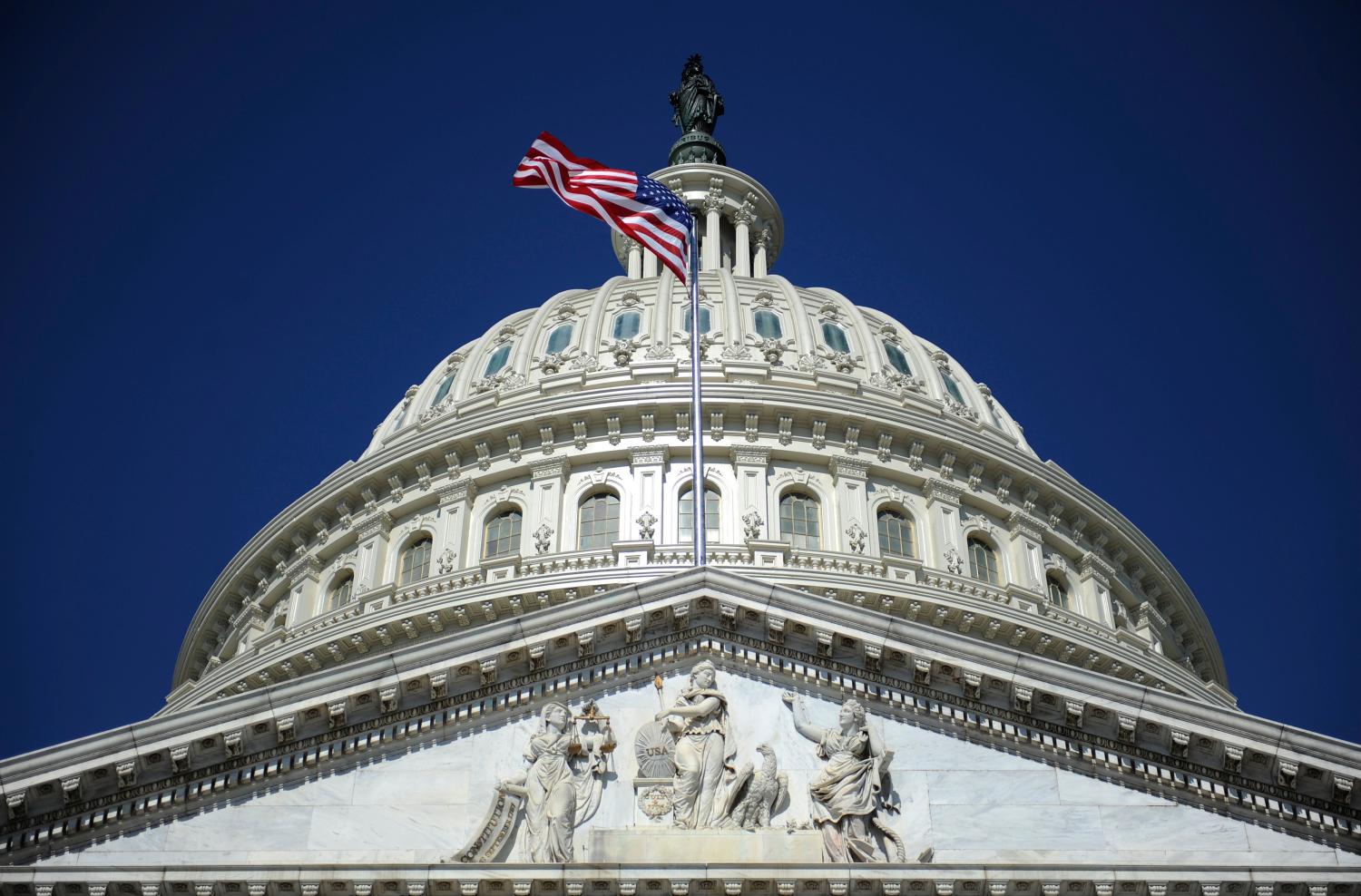The 2008 financial crisis, which brought the global economy to the brink of collapse, pushed U.S. policymakers to take unprecedented and legally dubious actions in the interest of preventing a worldwide economic depression. Even as responses by the Treasury, Federal Reserve, and FDIC helped to stave off total financial collapse, the general public’s trust in government fell to a historic nadir during this period, jeopardizing the government’s ability to effectively react to future crises. Was the government’s cavalier attitude about legal constraints responsible for the public backlash? When and why did political elites and the general public begin to question the legitimacy of the government’s responses to the crisis?
In a new paper, Philip Wallach, author of To the Edge: Legality, Legitimacy, and the Responses to the Financial Crisis of 2008, provides answers that point the way to a different kind of crisis leadership. Only with accountability methods that command public respect can official crisis fighters overcome the impression that their responses are nothing more than an “adhocracy” in which government plays favorites rather than neutrally applying the law.
Wallach’s recommends constructive and sensible reforms policymakers should take:
- Create clear decision-making protocols and record-keeping practices that preserve the rationales behind important choices, make serious efforts to educate the public about the nature of the responses, and institute special oversight bodies dedicated to ensuring the integrity of crisis response programs.
- Congress should codify in law clear outer limits on crisis responses by actively using “thou shalt not” proscriptions or setting hard caps on the dollar amount of total government commitments.
- Finally, policymakers should acknowledge that law is not up to the task of providing a detailed playbook for crisis response, and move to create an “accountable slush fund,” a form of targeted national savings designed to allow top policymakers almost complete flexibility in combating a crisis once publicly declared.
The Brookings Institution is committed to quality, independence, and impact.
We are supported by a diverse array of funders. In line with our values and policies, each Brookings publication represents the sole views of its author(s).




